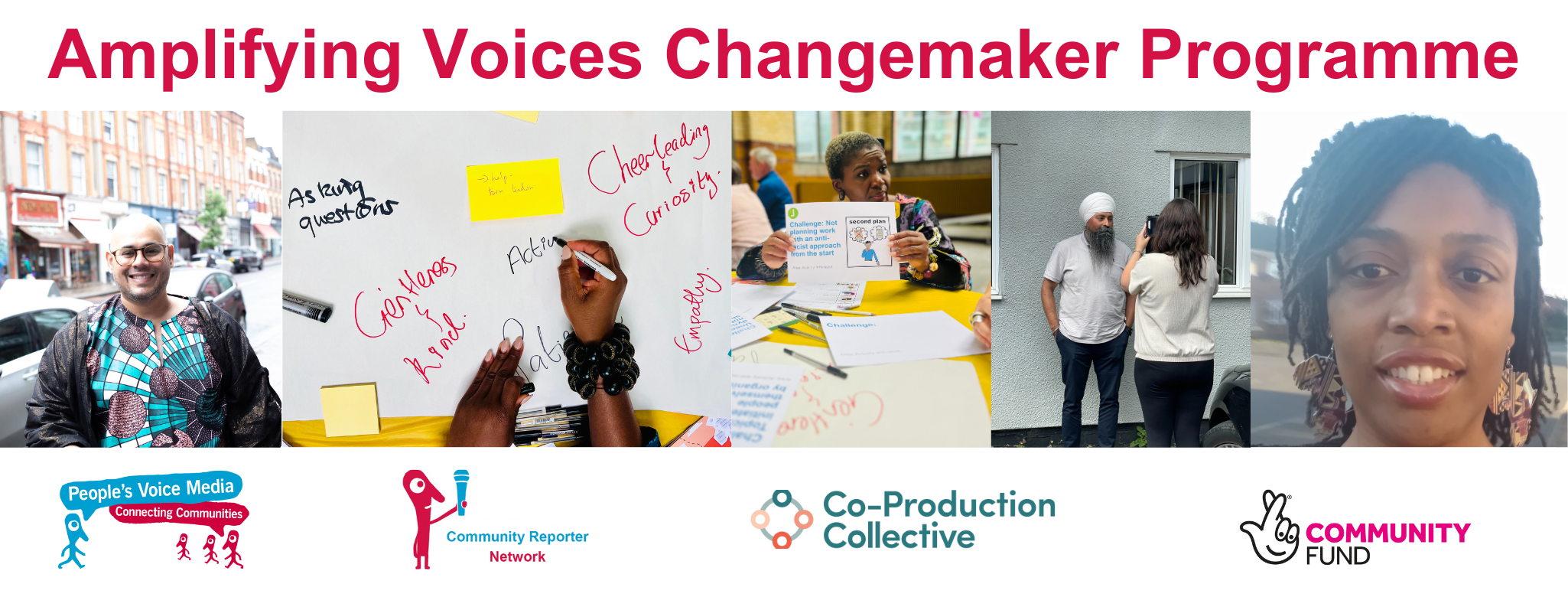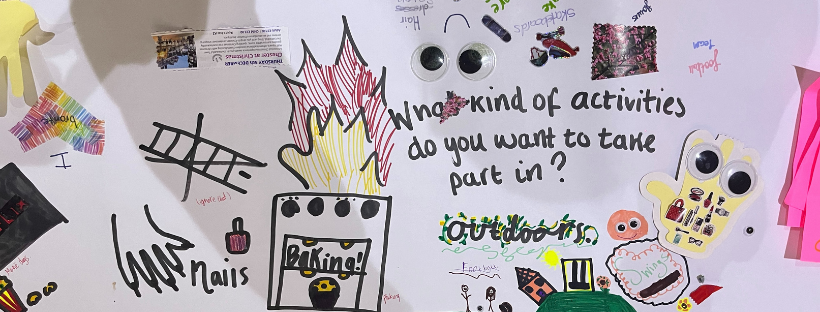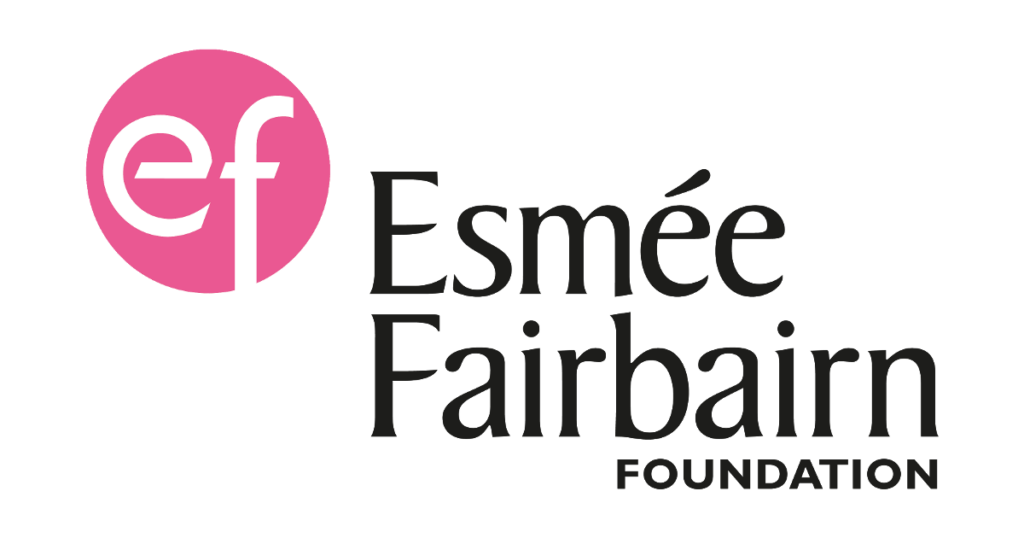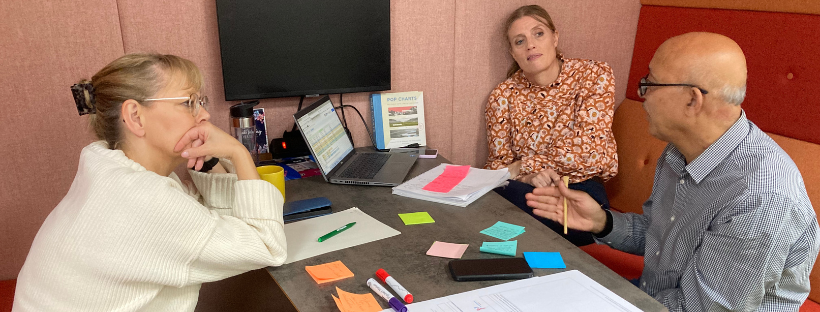CHANGEMAKERS WANTED: AMPLIFYING VOICES 2025-2026

Are you passionate about social justice, community development, or changing societal narratives? Do you have a story that could shift perspectives and inspire change? If so, we have an exciting opportunity for you!
We are proud to launch Amplifying Voices 2025-2026, a new change makers programme in partnership with People’s Voice Media (PVM) and Co-Production Collective, funded by The National Lottery. This initiative is designed specifically for individuals from the global majority—Black, Brown, and racialised communities—who want to develop new skills, strengthen their expertise, and make a real impact in their communities.
At People’s Voice Media and Co-Production Collective, we are committed to being actively anti-racist organisations. We recognise the power of lived experience and the importance of diverse perspectives in shaping a more just society. This programme is about amplifying the voices of those who are too often unheard or ignored—because while communities speak out loudly and clearly, decisions are too often made without them.
Whether your passion lies in climate change, carers’ rights, housing, or any other issue close to your heart, this is your opportunity to make your voice heard and turn your vision into action.
This programme will equip you with essential tools and skills, including digital storytelling, facilitation, and story curation, to help you craft and share your message effectively.
We are looking for 10 changemakers to take part in this unique journey. The programme is designed to provide you with the guidance, connections, and resources needed to bring your project to life—whether it’s a small initiative or a large-scale movement.
Want to find out more and apply for a place? visit the Co-Production Collective Blog here.
So, if you’re ready to tell your story, make an impact, and shape the future of social justice, this is your moment. Don’t hesitate – apply now and join us in amplifying the voices of the global majority. We can’t wait to welcome you to the programme. Let’s create change together. 🚀




